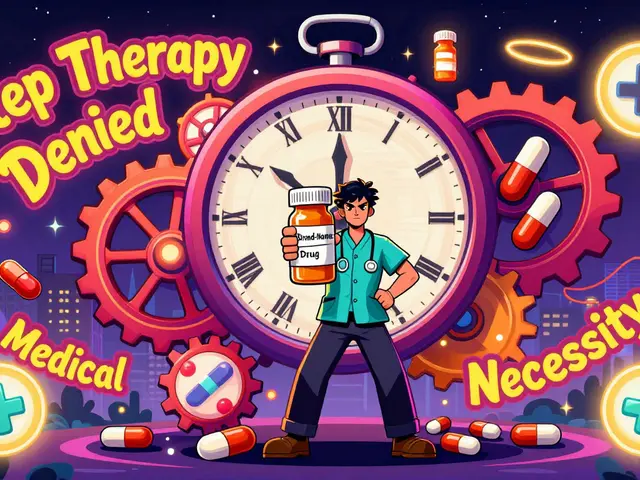Alcohol Addiction: Signs, Treatment, and How to Get Help
Alcohol addiction changes lives quickly. If drinking is causing missed work, broken relationships, or risky behavior, this page gives clear, practical steps you can use right now.
How do you know it's addiction? Look for increased tolerance, withdrawal symptoms when not drinking, unsuccessful attempts to cut down, spending a lot of time drinking or recovering, and giving up hobbies. If these sound familiar, you're dealing with more than a habit.
Detox can be dangerous. Stopping heavy drinking suddenly can cause seizures or delirium tremens within 48–72 hours. If someone drinks heavily and tries to quit, get a medical assessment first. Many hospitals and addiction clinics offer supervised detox with medicines to reduce risk.
Treatment options that actually work
Medications can help. Naltrexone cuts cravings and can lower how much you drink. Acamprosate helps with long-term stability and reduces urge after detox. Disulfiram creates unpleasant symptoms if you drink, which some people find helpful as a deterrent. A doctor will decide which, if any, suits you.
Therapy matters. Cognitive behavioral therapy (CBT) teaches practical skills to handle urges and change drinking patterns. Motivational interviewing helps you set personal goals and stay motivated. Group therapy adds accountability and shared tips.
Programs vary by intensity. Outpatient counseling fits people who need flexibility. Intensive outpatient programs add more structure without overnight stays. Residential rehab gives 24/7 care for severe addiction and co‑occurring mental health problems.
Support groups provide steady help. Alcoholics Anonymous (AA) and SMART Recovery are common options. AA uses a 12‑step approach and peer sponsorship. SMART focuses on skills and self‑management. Try both and pick what feels right.
What to do now
Start small and safe. If you or someone else drinks heavily, remove alcohol from the home and tell a trusted friend about your plan. Make an appointment with your GP and ask for a referral to addiction services. If quitting cold turkey seems risky, ask about medically supervised detox.
Use a drinking diary to track triggers, amounts, and progress. Set one realistic short term goal, like reducing drinks by 25% this week, instead of ambitious promises. Celebrate small wins.
Know emergency signs. Call emergency services if there are seizures, fainting, severe confusion, high fever, uncontrolled vomiting, or hallucinations. These can be life‑threatening.
Help for families. Families should avoid lectures and focus on safety. Learn to set boundaries, attend family therapy if offered, and use local support groups for loved ones.
Where to find help. Start with your GP, local addiction clinics, or national helplines. Many services now offer telehealth or online counseling. If cost or wait times are an issue, look for community health centers or charity-run programs.
Common online resources include government addiction directories, local rehab listings, and national helplines—search your country name plus 'alcohol treatment' to find options and compare costs, wait times, and reviews. You're not alone; help really works.
Acetyl-l-carnitine for Alcohol Addiction Recovery: Benefits and Insights
Explores the potential benefits of Acetyl-l-carnitine in aiding recovery from alcohol addiction. The article covers its mechanism of action, effectiveness, and some interesting facts about its use. It also includes useful tips for integrating this supplement into a recovery plan.





